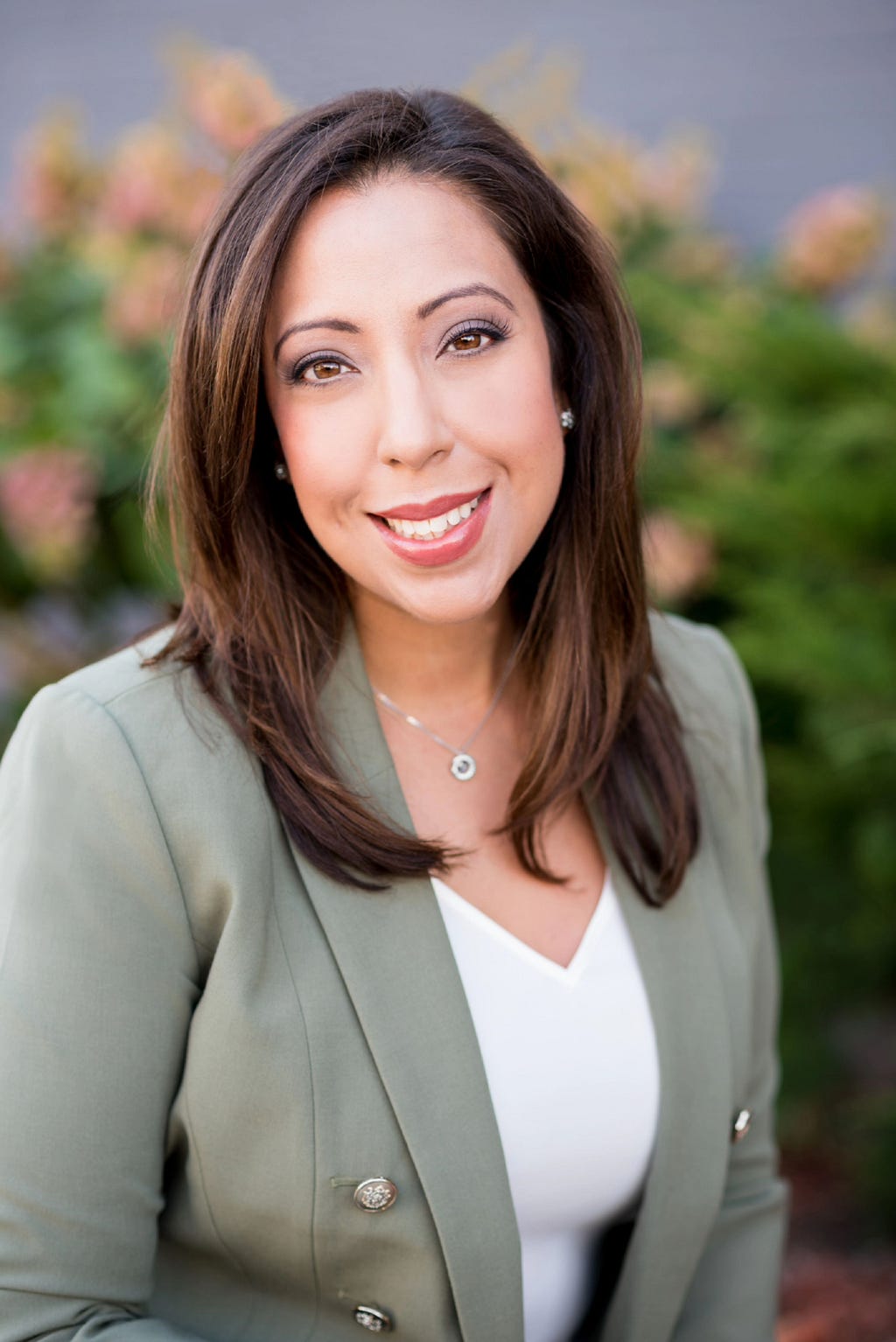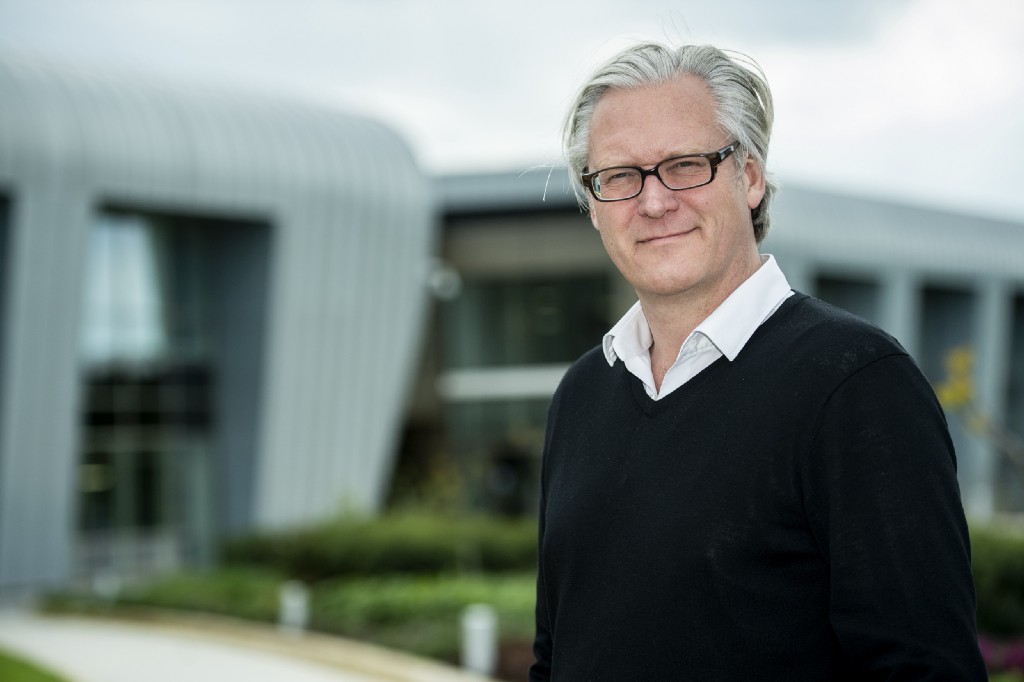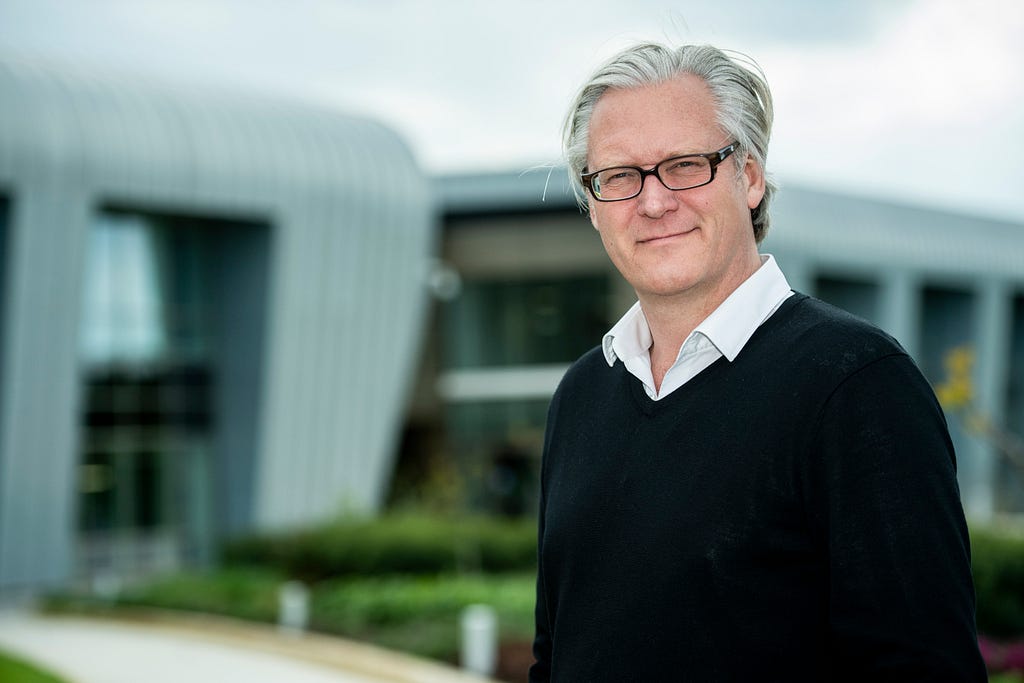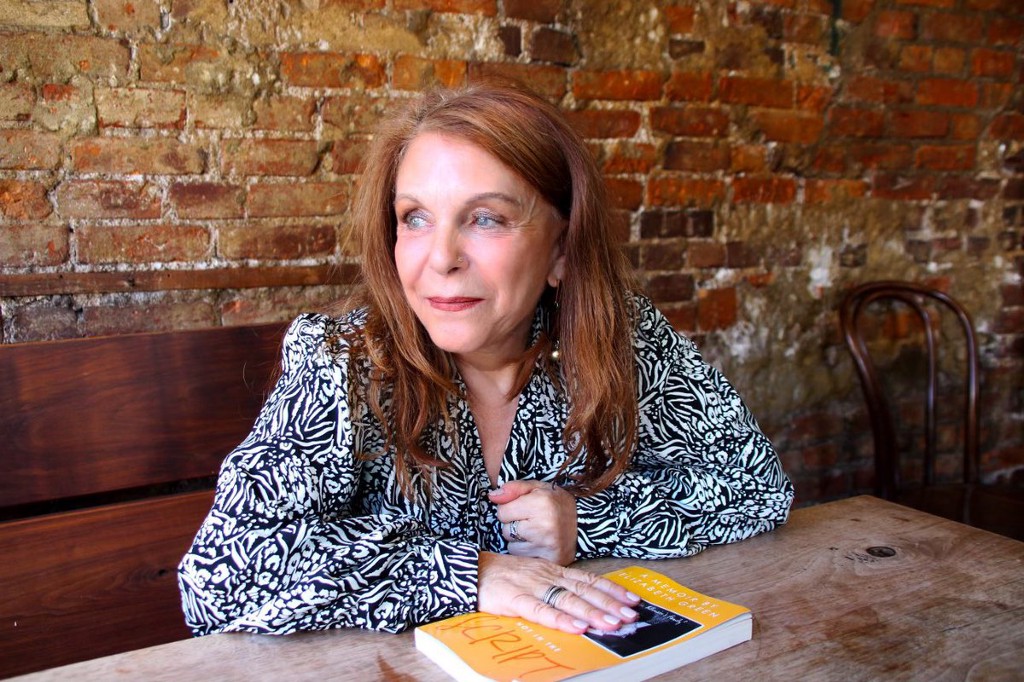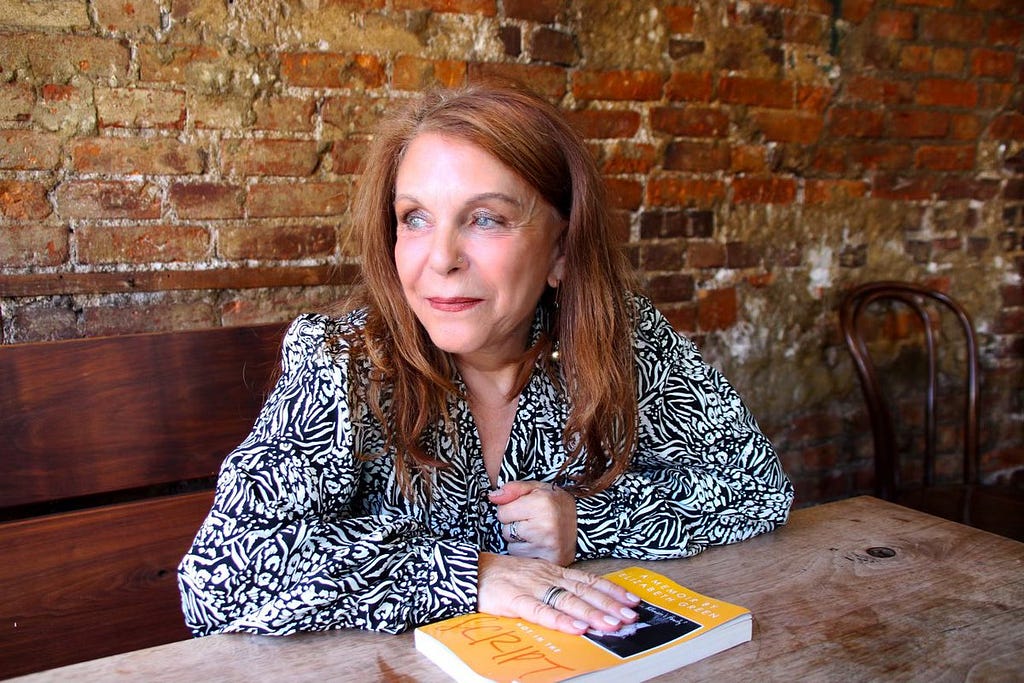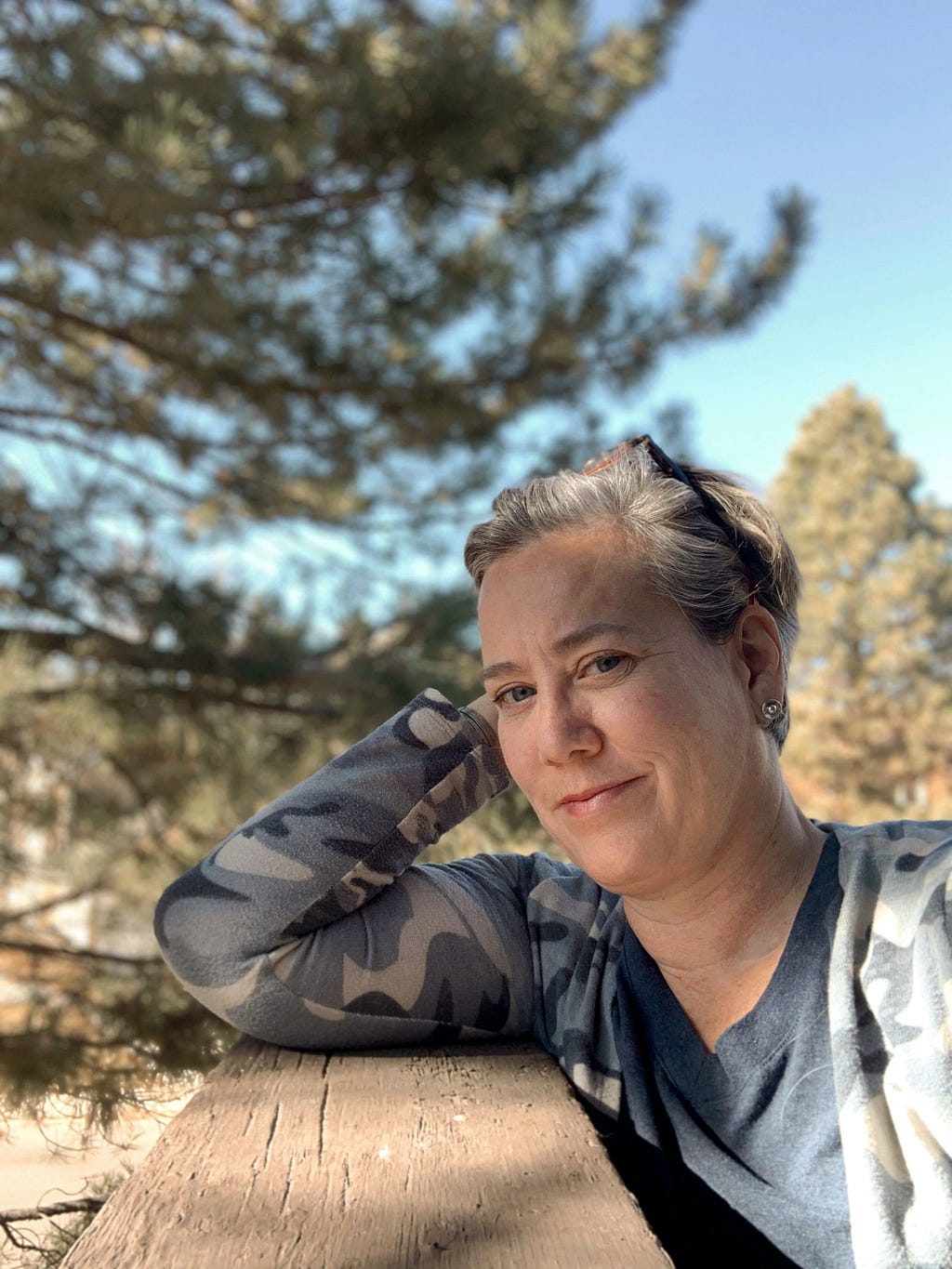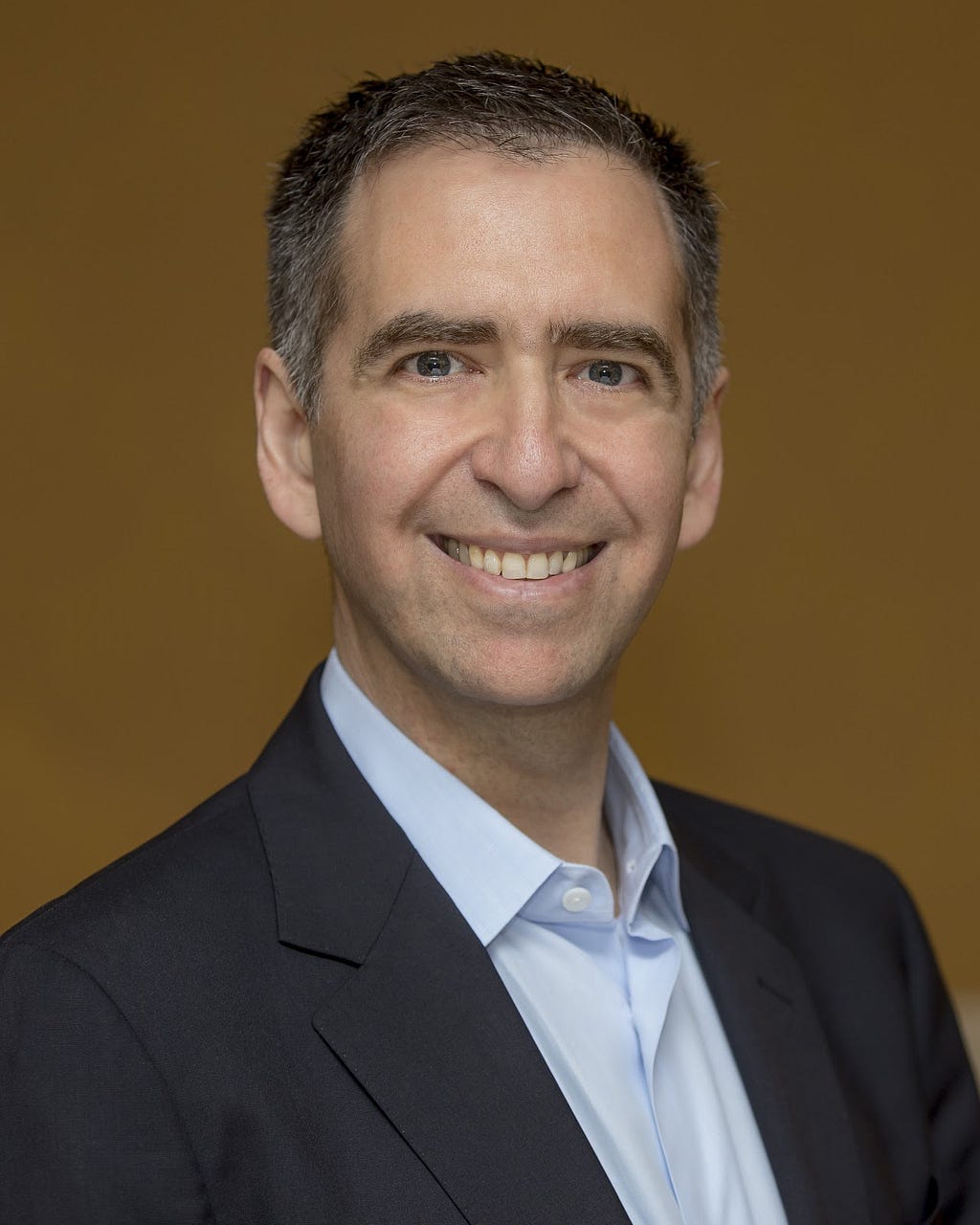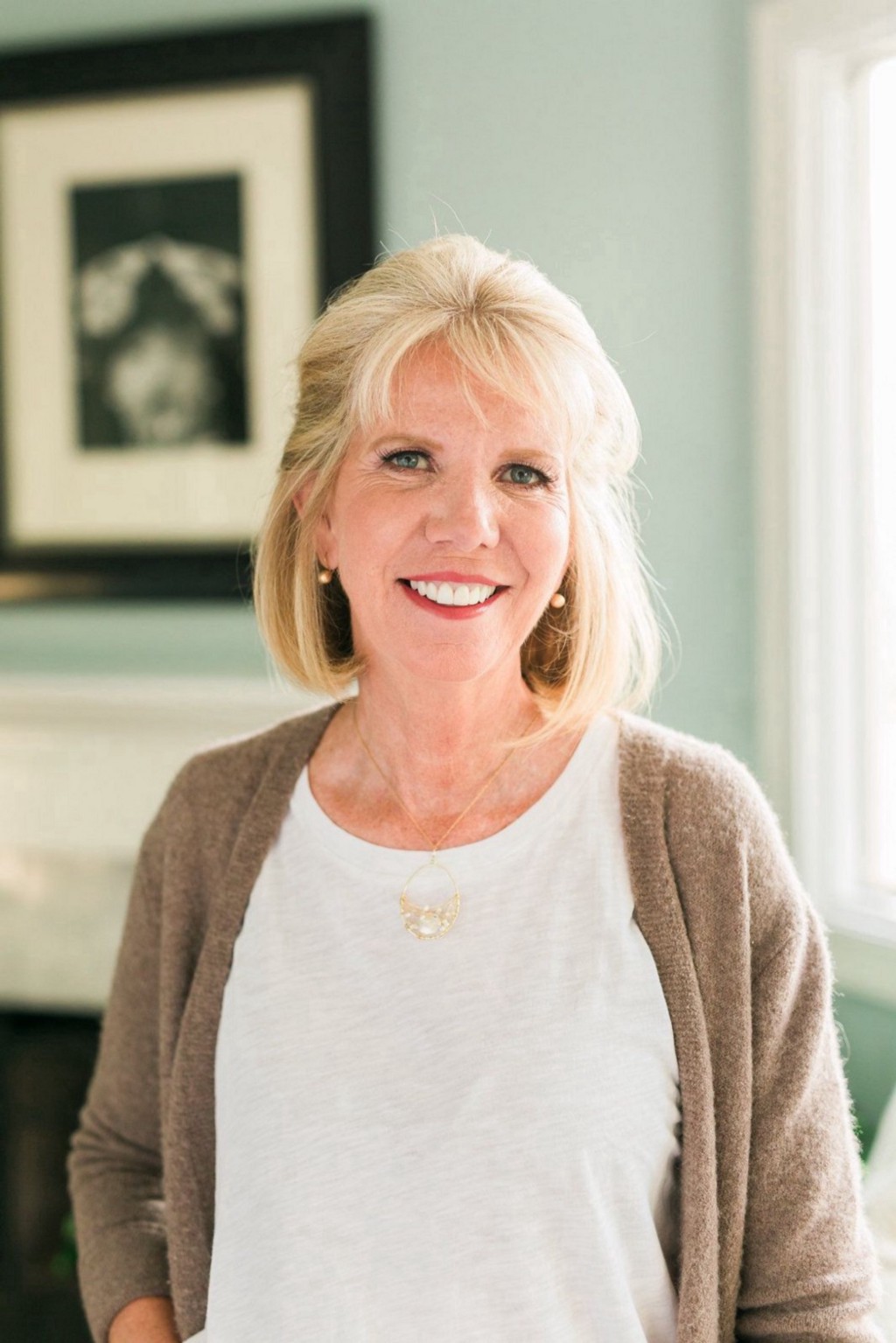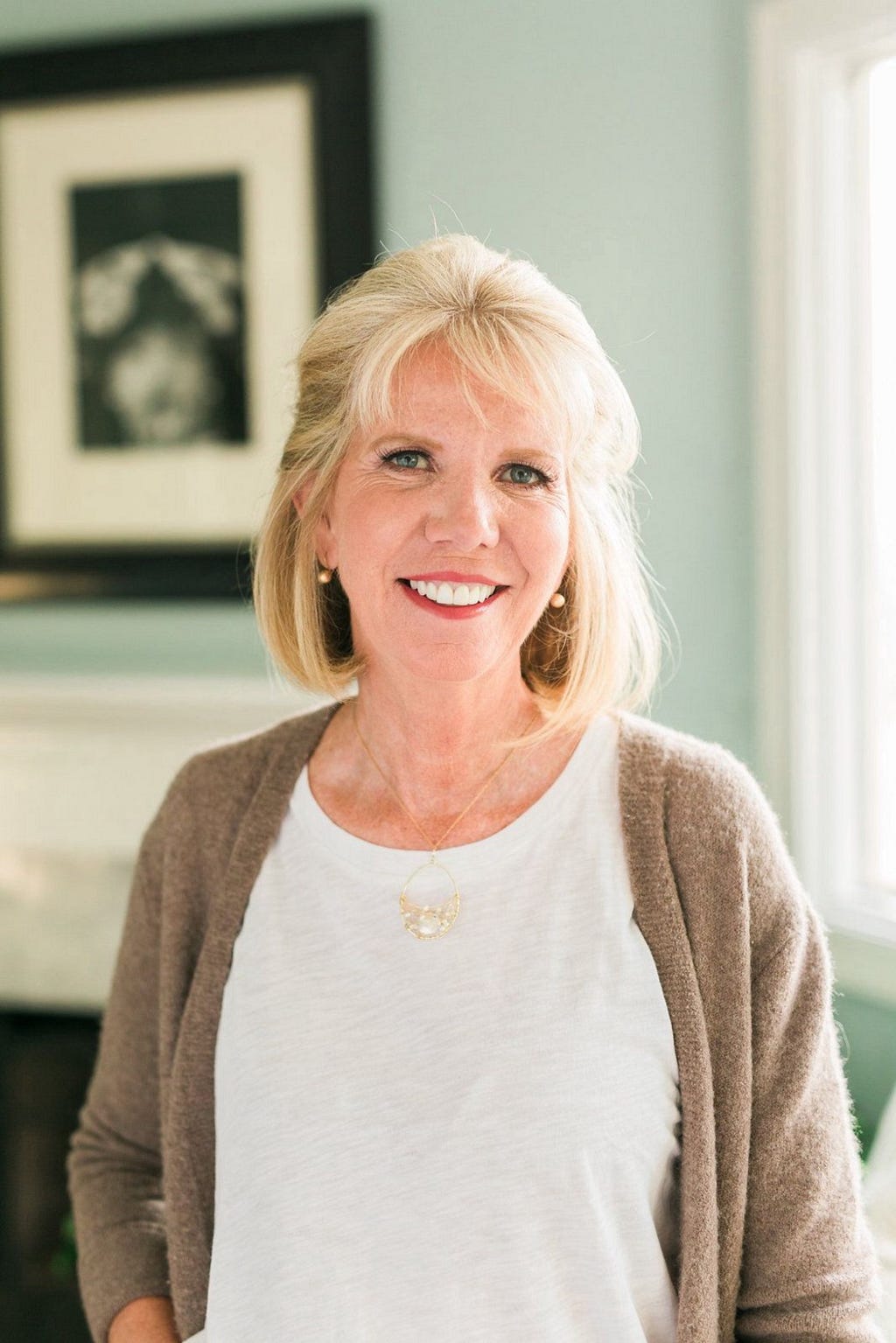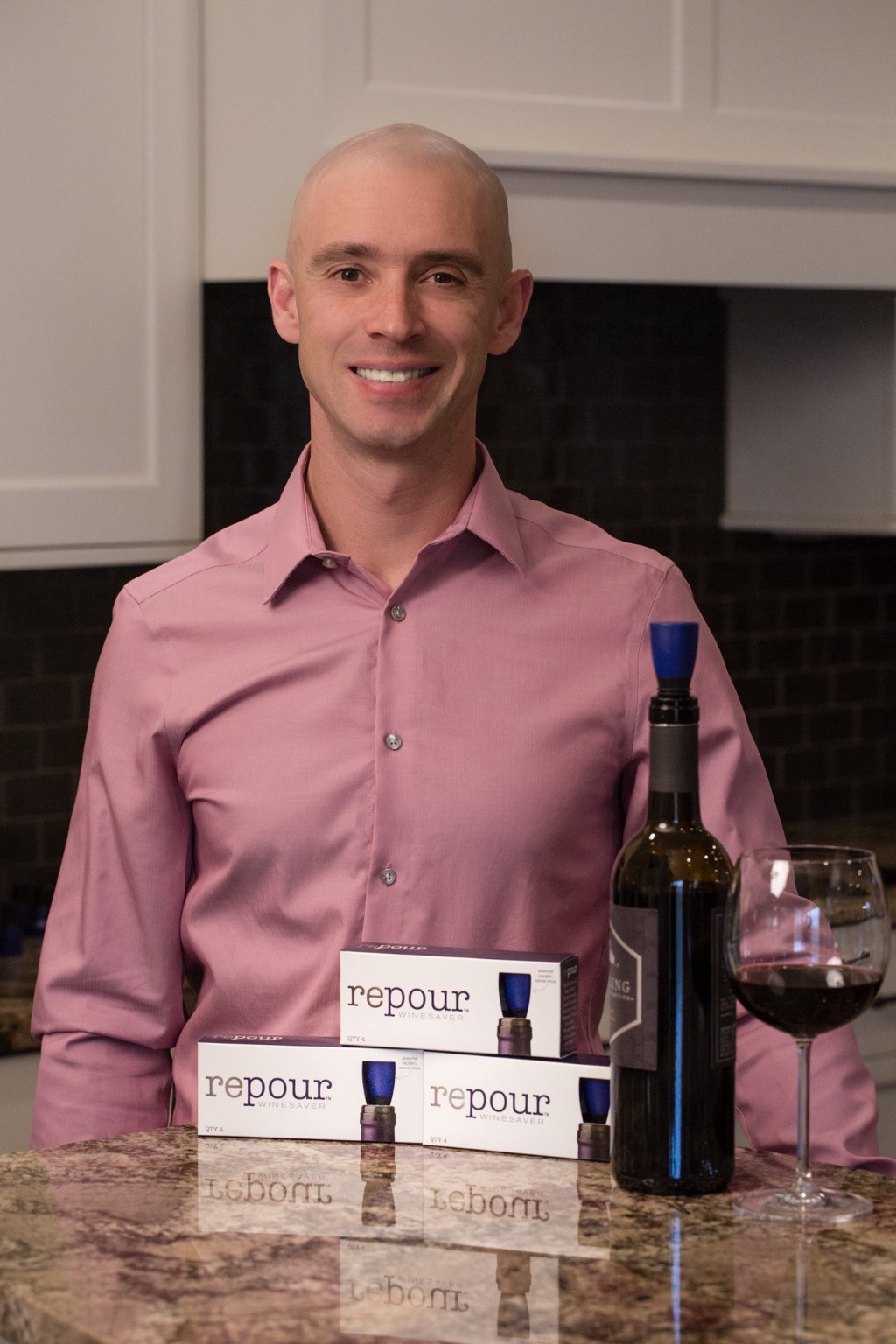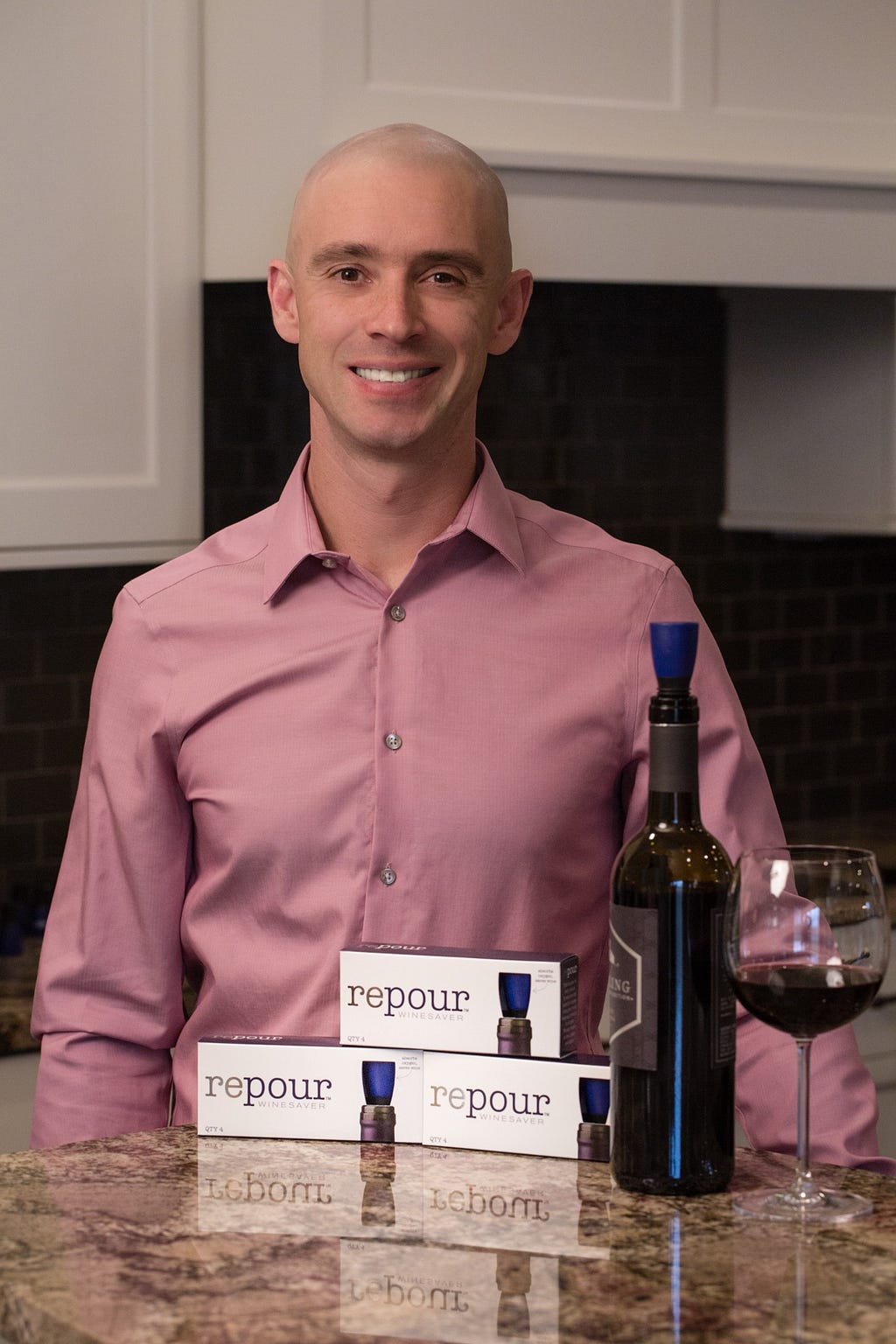
Trust yourself and don’t be afraid to fail: That’s actually advice I gave myself. I’ve learned that being afraid to fail is a construct imposed on you by others who may not trust themselves. I’ve had a few friends who did not succeed in their entrepreneurial efforts tell me to temper my expectations, but at the end of the day, I know I’ll succeed because that’s the only way I can see it.
As a part of our series about women who are shaking things up in their industry, I had the pleasure of interviewing Alexandra Schrecengost.
Alexandra is the Founder and CEO of Virtual With Us, curated virtual experiences for Fortune 500 companies, high-growth startups and established NGOs (think gala fundraisers). She designed Virtual With Us to tailor hosted activities to the interests of corporate sales teams — from wine and beer tastings to virtual gaming and cook-along culinary demonstrations. Prior to starting Virtual With Us, Alexandra recently worked at Wilson Daniels as their head of Communications across the national and wholesale fine wine brands, overseeing traditional comms, executive visibility, advertising, corporate events, digital content and social media. She’s a candidate for a WSET Diploma, a two-year wine education program.
Thank you so much for doing this with us! Before we dig in, our readers would like to get to know you a bit more. Can you tell us a bit about your “backstory”? What led you to this particular career path?
I’ve been a communications executive in hospitality, wine, and spirits since I graduated with a Master’s in Public and Organizational Relations and paired my passion for PR with my interest in high-end wine and spirits. Those roles led me to in-house communications for a global wine importer, and inspired me to take on a formal wine education in my late 20’s to better serve my clients and colleagues.
Immediately after we all started working from home, I saw what a serious impact these measures were having on the hospitality industry. Being so close to so many wine and spirits professionals, my heart was with them during the most difficult times, and I resolved to do something about it, even if it was very small at first. I spent a lot of time thinking about how I could use all the different aspects of my background to help.
Around this time, my husband who’s in digital sales was also struggling to find ways to stay in touch with his colleagues, prospective clients and customers and Zoom was taking over our lives. It came to me that I could blend my background and network in the wine & spirits industry with technology to elevate Zoom experiences in a way that could still be professional yet more conducive to mingling and socializing. I test drove the idea with my husband’s company Contentsquare, and step by step the business came together. Today, we are servicing Fortune 500 companies, high-growth startups, NGOS for their gala fundraisers and other largescale virtual events that not only include amazing wine selections but also activities like a murder mystery and trivia.
Can you tell our readers what it is about the work you’re doing that’s disruptive?
Breaking the model of pretentious, dry “classroom” wine education, and making tastings fun and interactive by emulating a cocktail party format has transformed the virtual tableside into something that guests actively sign up for and get excited about.
Many of our participants are working from home and are online as a big part of their jobs, so we pay special attention to curating experiences that spark joy and nurture camaraderie and relationship building — be that from the high-quality wine selection that they get in the mail beforehand to the entertaining wine stories told by the sommelier.
What’s most exciting about this disruption is we are also creating much needed jobs for the hospitality industry.
Can you share a story about the funniest mistake you made when you were first starting? Can you tell us what lesson you learned from that?
When I first started tasting wine professionally, especially during the workday, I was very self-conscious about spitting it out. Once, in a winery’s tasting room, I saw another professional spit their wine into the floor drain and was horrified and whispered that they shouldn’t do that in front of the winemaker. They laughed, asked if it was alright to spit into the floor drain, and the winemaker said “Sure, we all do!” I realized the stiff, pretentious attitude you find in the industry doesn’t really apply when you’re among friends, and that has inspired me to sow friendliness instead of pretense.
We all need a little help along the journey. Who have been some of your mentors? Can you share a story about how they made an impact?
Amy Wilkins, Smithsonian Media’s Chief Revenue Officer, taught me the patience needed to deeply understand an organization and its goals in order to build something strong and steady. I also developed a great relationship with Wendy Knight, who introduced me to the culinary world as a junior publicist, and helped guide how I approach telling brands’ unique stories. Chef Nils Noren will always be a confidant and counsel for my ideas, big and small. I’d also like to mention Mary Gorman, MW, for helping me understand the world of wine in a personal and impactful way, and Gail Heimann, President and CEO of Weber Shandwick, who empowers ambition, evokes creativity, and shows support for her team in every way. She changed my outlook on leadership in a big way.
In today’s parlance, being disruptive is usually a positive adjective. But is disrupting always good? When do we say the converse, that a system or structure has ‘withstood the test of time’? Can you articulate to our readers when disrupting an industry is positive, and when disrupting an industry is ‘not so positive’? Can you share some examples of what you mean?
As someone who began studying wine in my 30s, I definitely fit the stereotype of “disruptive millennial” and I’m proud of that. When an industry or product is vulnerable to being disrupted, there is an inherent aspect that needs adjusting in order to appeal to the widest possible audience. During my wine education, I perceived an air of exclusivity that — while definitely still one of the reasons I took on this education as a fine wine and spirits communications pro in the first place — ultimately turned people away or off entirely. Not fixing this problem leaves out a huge population of people who want to be interested, but feel intimidated by the environment that has been the status quo for so long. Disrupting is the new normal, and I’m grateful that certain institutions that have typically “withstood the test of time” are facing necessary pivots to ultimately grow in a more productive direction.
Can you share 3 of the best words of advice you’ve gotten along your journey? Please give a story or example for each.
Trust yourself and don’t be afraid to fail: That’s actually advice I gave myself. I’ve learned that being afraid to fail is a construct imposed on you by others who may not trust themselves. I’ve had a few friends who did not succeed in their entrepreneurial efforts tell me to temper my expectations, but at the end of the day, I know I’ll succeed because that’s the only way I can see it.
Spend enough time with the people you like best: The nature of the workplace is being around people you don’t choose to be around. The only way to balance the stress of interactions that may seem forced or unnatural is to spend enough time with the people you love to balance it out.
Don’t limit your opportunities: A career is not a linear timeline, and nothing precludes you from re-interpreting your skill set in any number of ways.
We are sure you aren’t done. How are you going to shake things up next?
I plan to keep breaking into the world of wine, which is so heavily male-dominated, in new ways, and actively encouraging the evolution of traditional concepts for the new generation. My vision for the future is inclusivity and a welcoming attitude that unlocks the potential of new and younger wine drinkers. It is time to really shake things up.
In your opinion, what are the biggest challenges faced by ‘women disruptors’ that aren’t typically faced by their male counterparts?
We’re asked some genuinely insulting questions, and I think many of us still rely on an instinct to “protect” those who ask them, rather than following their question with a question of our own. When someone asks how I balance marriage or motherhood with entrepreneurship and further education, my real answer is “why are we still asking this inherently belittling question?” I know, for better or worse, what they want to hear is that it’s difficult. The truth is that women are generally outstanding multitaskers and make excellent disruptors thanks to their personal formulas (and they are just that, personal) for maintaining these balances, not in spite of them. Don’t be afraid to answer a question with a question that starts a productive conversation.
Do you have a book/podcast/talk that’s had a deep impact on your thinking? Can you share a story with us?
Swirl Suite is a very impactful podcast for Black voices in the wine industry that I enjoy a lot. This Woman Can is another reliable source of inspiration and support, especially for women entrepreneurs. Copper and Heat, and Wine Enthusiast’s podcasts are entertaining and enjoyable too. I also thoroughly enjoyed Michelle Obama’s book, so I am diving into A Promised Land. The Obamas will always be a dual pillar of strength for me, their time in the White House led me to being more assertive in my professional life and wanting to positively influence the younger generations in everything I do. I believe in support (and encouragement) in the very many different ways that word can be spun and that is how I approach not only my professional life, but also motherhood.
You are a person of great influence. If you could inspire a movement that would bring the most amount of good to the most amount of people, what would that be? You never know what your idea can trigger. 🙂
I would love to inspire more minority women to assert their true potential in the hospitality industry. These professionals are so hard-working and committed to their crafts, and to see them struggle to climb the ladder, be passed over in favor of male colleagues, and not earn what they’re worth to better their lives and advance their families affects me every day. I would love to establish or serve on the board of an organization dedicated to raising awareness and empowering this kind of growth in the industry.
Can you please give us your favorite “Life Lesson Quote”? Can you share how that was relevant to you in your life?
I once had a manager tell me “A leader or manager does not see what you are, but rather what you can be.” It definitely stuck with me.
How can our readers follow you online?
You can find me on Instagram at @alexschrec and Virtual With Us at @virtualwithus.
This was very inspiring. Thank you so much for joining us!
Female Disruptors: Alexandra Schrecengost On The Three Things You Need To Shake Up Your Industry was originally published in Authority Magazine on Medium, where people are continuing the conversation by highlighting and responding to this story.






